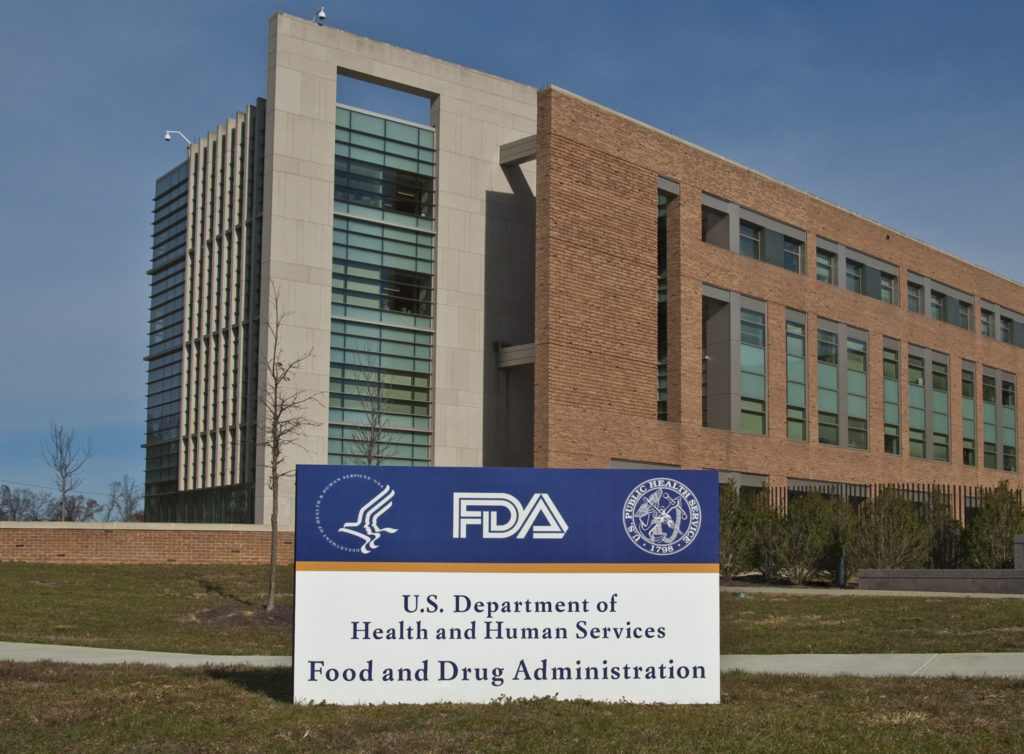The FDA’s action plan will encourage the development of drugs for rare neurodegenerative diseases and help streamline clinical trial operations.
Neurodegenerative diseases involve the progressive degeneration of the function and structure of the central nervous system (CNS) or peripheral nervous system. One in six people in the world will be affected by neurodegenerative diseases which is approximately one billion people living on the planet.
A cure for neurodegenerative diseases has not been discovered yet. The current prescription drugs help slow the progression of the disease or minimize the symptoms of the disease.
Rare Neurodegenerative Diseases
Rare neurodegenerative diseases include amyotrophic lateral sclerosis (ALS or Lou Gehrig’s Disease), multiple system atrophy (MSA), progressive supranuclear palsy (PSP), Wilson’s disease (WD), Creutzfeldt-Jakob disease (CJD), corticobasal degeneration (CBD) and others.
ALS affects 5000 Americans every year and it mostly targets people between 40 and 70 years of age, but rare cases of the disease can occur in people in their 20s or 30s. Some symptoms of ALS include loss of motor control in the arms and legs, weakness, fatigue and an uncontrollable expression of emotions that do not reflect actual feelings. The advancement of the disease can lead to paralysis.
The FDA’s Five-Year Action Plan for Rare Neurodegenerative Diseases
The life expectancy of people affected by rare neurodegenerative diseases can be extended with prescribed medications but there can also be sudden and rapid progression of the disease leading to death. The advancement of scientific research has supported the understanding of the onset and progression of rare neurogenerative diseases.
Last week, the US Food and Drug Administration (FDA) announced their five-year action plan for overcoming hurdles in drug development for rare neurodegenerative diseases. The scheme aims to encourage the development of safe and effective drugs for rare neurodegenerative diseases and help streamline the operations of clinical trials. The FDA is also aiming to award grants for scientific research through their Rare Neurodegenerative Disease Grant Program. These awards will be administered by the FDA’s Office of Orphan Products Development.
XTALKS WEBINAR: Diversity and Inclusion in Clinical Trials — Practical Steps for Patient Recruitment Strategies
Live and On-Demand: Wednesday, August 10, 2022, at 11am EDT (5pm CEST)
Register for this free webinar to learn more about the practical steps to be taken towards diversity and inclusion in clinical trials. Attendees will learn the new US FDA guidance and elements of a diversity plan. The featured speakers will discuss important factors to consider when evaluating potential site and patient recruitment vendors from the diversity perspective.
“The effects of rare neurodegenerative diseases are devastating, with very few effective therapeutic options available to patients. We recognize the urgent need for new treatments that can both improve and extend the lives of people diagnosed with these diseases,” said FDA Commissioner Robert M. Califf, MD, in the FDA’s press release. “To face that challenge and to accelerate drug development, we need innovative approaches to better understand these diseases while also building on current scientific and research capabilities. This action plan, especially including the use of public-private partnerships and direct involvement of patients, will ensure the FDA is working toward meeting the task set forth by Congress to enhance the quality of life for those suffering by facilitating access to new therapies.”
The five-year action plan was developed in accordance with the provisions of the December 2021 Accelerating Access to Critical Therapies for ALS Act (ACT for ALS). The FDA’s five-year plan will involve specific activities such as:
- Setting up the FDA Rare Neurodegenerative Diseases Task Force
- Establishing the public-private partnership for rare neurodegenerative diseases
- Developing science strategies that are disease-specific
- Using ongoing FDA regulatory science efforts
The plan also has a part which specifically focuses on ALS, and it is called the ALS Science Strategy. The ALS Science Strategy has the following focus areas:
- To improve the characterization of disease pathogenesis and natural history.
- To facilitate patient access to new drugs when possible and promote more clinical trial participation by lowering burdens and barriers faced by diverse patient populations; using decentralized clinical trial designs and digital health technologies; and making sure mechanisms for expanded access (usually outside of a clinical trial) are appropriately included into development programs.
- To enhance clinical trial infrastructure and agility to allow for early selection of promising therapeutic candidates for further development, optimize clinical trial design, improve access to the clinical trials, streamline clinical trial operations and reduce the cost and time of drug development.
The FDA’s full five-year plan for rare neurodegenerative diseases including ALS can be viewed on their website here.
The Promise of Cell and Gene Therapies
The FDA has recognized that cell and gene therapies have a great potential to treat rare neurodegenerative diseases, including hereditary forms of ALS. For this reason, the FDA’s Center for Biologics Evaluation and Research (CBER) will establish a team called the CBER NEUrodegenerative Rare disease Operation (NEURO) Team.
The CBER NEURO Team will communicate and collaborative within CBER and the remaining centers of the FDA to advance development of cell and gene therapies for these rare diseases. CBER’s NEURO Team will also reach out to relevant stakeholder communities and identify projects to advance product development.












Join or login to leave a comment
JOIN LOGIN